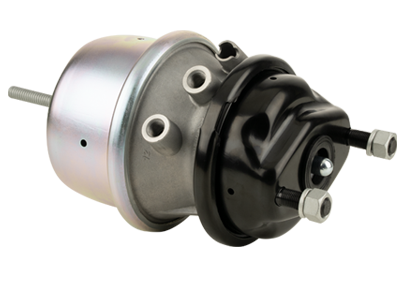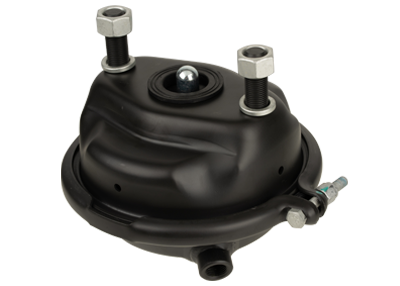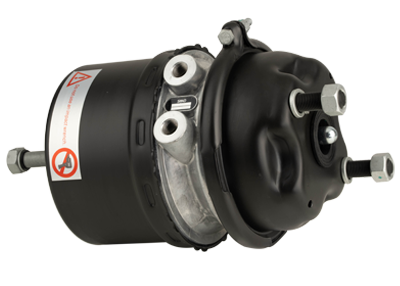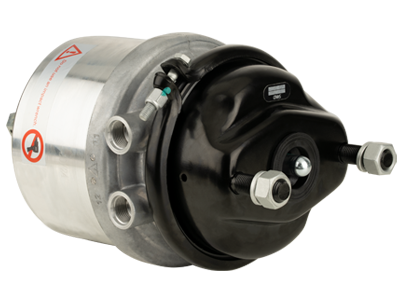Reduced Braking Power:
If you notice that the vehicle's braking power has significantly decreased, it could be due to a malfunctioning air brake actuator. The brakes may feel weak or take longer to engage.
Brake Dragging or Locking:
Brakes that drag or lock up, even after releasing the brake pedal, can indicate a problem with the air brake actuator not releasing properly.
Uneven Braking:
Uneven braking, where one set of wheels brakes more forcefully than others, might suggest an issue with the actuator's ability to distribute braking force evenly.
Delayed Brake Engagement:
If there's a delay between applying the brake pedal and the brakes engaging, it could indicate a slow response from the air brake actuator.
Air Leak Noises:
Audible hissing or air leak noises near the brake actuators or air lines can indicate air leaks, leading to reduced brake pressure and ineffective braking.
Brake Warning Lights:
Modern vehicles may have brake warning lights on the dashboard that illuminate when there's a brake system issue. These lights could indicate a problem with the air brake actuator.
Vibration or Shuddering During Braking:
Experiencing vibrations or shuddering while braking might be caused by uneven braking force distribution due to a malfunctioning actuator.
Excessive Brake Pedal Travel:
If the brake pedal travels too far before the brakes engage, it could be a sign of air brake actuator problems or air pressure issues.
Inconsistent Braking:

If the braking performance varies from one application to the next, it may indicate inconsistent actuator operation or air pressure fluctuations.
Brake Warning Alarms:
Some vehicles are equipped with audible alarms that sound when there's a brake system issue. Pay attention to these alarms if they activate.
Unusual Smells:
A burning smell coming from the brakes could suggest brake drag due to a malfunctioning actuator.
Fluid Leakage:
If you notice any fluid leaks near the brake actuators, it's crucial to investigate and address the issue promptly.
It's important to address any of these signs promptly to prevent safety risks and further damage. If you suspect a malfunctioning air brake actuator, it's recommended to have the vehicle inspected by a qualified mechanic or technician who is experienced with air brake systems. Regular maintenance and inspections can help catch potential issues before they escalate into more significant problems.







 英语
英语 中文简体
中文简体 德语
德语 俄语
俄语 西班牙语
西班牙语 法语
法语
